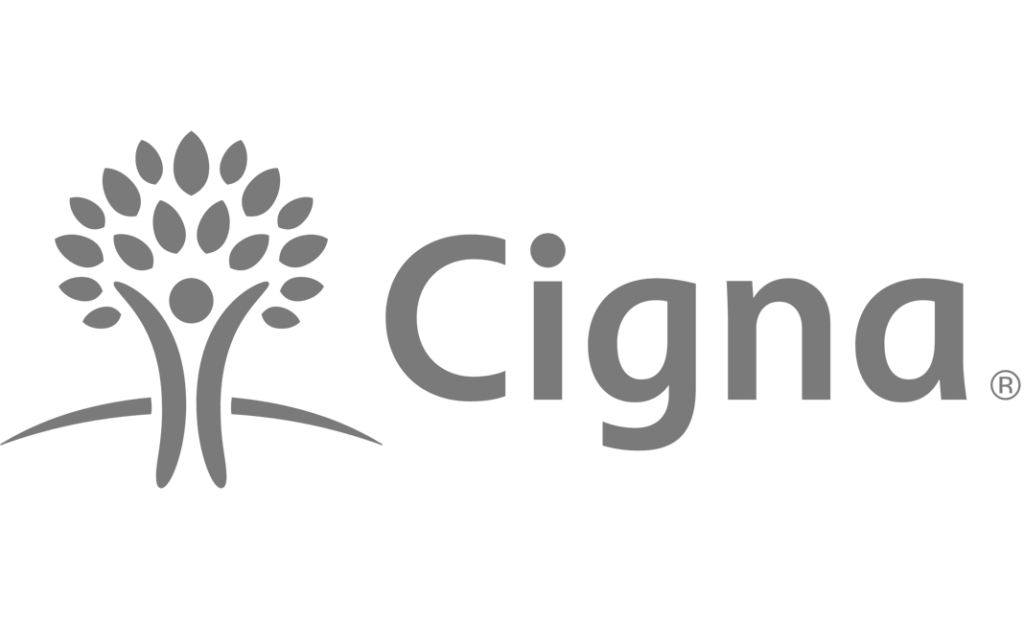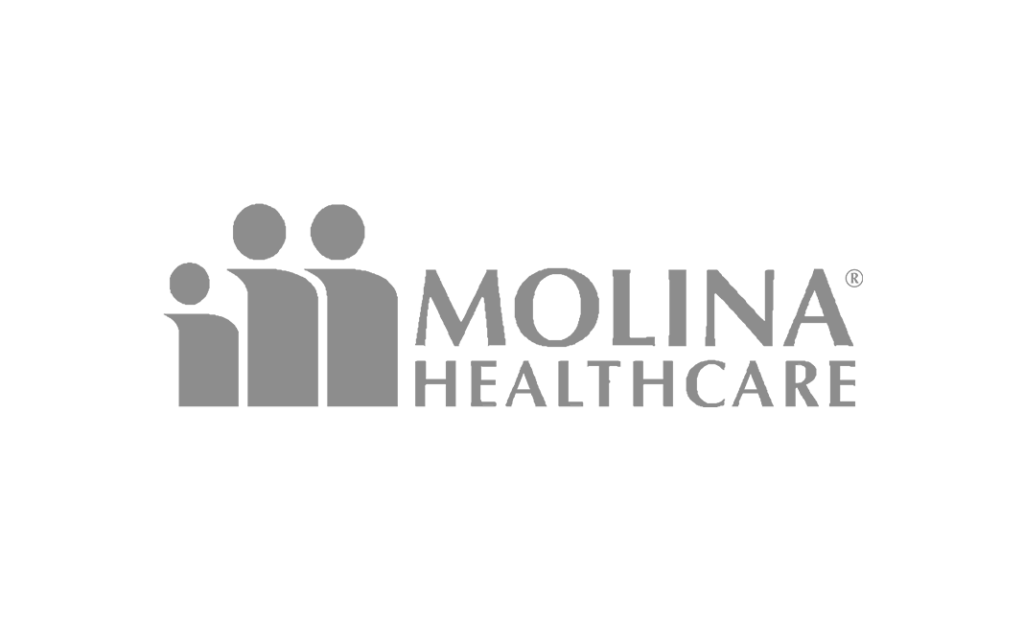The Link Between PTSD and Psychosis
Post-traumatic stress disorder (PTSD) is a debilitating mental health condition that affects individuals who have experienced or witnessed a traumatic event. It can affect people of all ages and backgrounds, and its consequences can be severe and long-lasting. The development of PTSD stems from the brain’s response to trauma.
When a person experiences or witnesses an event that threatens their life or safety, the brain activates the “fight-or-flight” response, releasing stress hormones and triggering various physiological changes to help them survive. However, in the case of PTSD, this response becomes dysfunctional and fails to subside, leading to a prolonged state of hyperarousal and emotional distress. If not handled properly, PTSD can worsen and lead to other issues.
Symptoms of PTSD
PTSD is a complex disorder with many symptoms that can profoundly impact an individual’s mental, emotional, and physical well-being. Understanding and recognizing these symptoms is crucial for early identification and appropriate treatment.
Re-experiencing the Traumatic Event
This normally involves distressing and intrusive memories, flashbacks, nightmares, or intense psychological and physiological reactions triggered by reminders of the trauma. These intrusive experiences transport individuals back to the traumatic event, making them feel like they are reliving it in the present moment. The ordeal is also often overwhelming, causing significant distress, anxiety, and emotional upheaval, which can disrupt daily functioning, sleep patterns, and interpersonal relationships. Therefore, the affected individuals actively avoid triggers associated with the trauma to prevent re-experiencing it.
Changes in Mood and Thinking
Mood disturbances may manifest as persistent irritability, anger, sadness, guilt, or emotional numbness. The affected individuals may have difficulty experiencing positive emotions or maintaining interest in activities they once enjoyed. Individuals with PTSD may exhibit persistent negative thoughts, self-blame, distorted beliefs about themselves or the world, or an exaggerated sense of danger. Additionally, cognitive impairments like difficulty concentrating, memory problems, and trouble making decisions can also arise.
Trouble Sleeping
Individuals with PTSD often struggle with various sleep disturbances, including insomnia, nightmares, and restless sleep. The traumatic experiences that they endured can lead to hyperarousal, intrusive thoughts, and heightened anxiety, making it difficult to fall asleep or stay asleep. If they fall asleep, they have nightmares that are vivid and distressing, often replaying elements of the trauma.
Trouble Functioning in the World
Individuals with PTSD often encounter difficulties in various aspects of their lives and may struggle to perform daily tasks, maintain employment, or interact socially because PTSD impairs concentration, decision-making, and problem-solving abilities. This, in turn, can lead to a sense of detachment, frustration, and a reduced capacity to cope with the demands of everyday life. Furthermore, the impact of PTSD on relationships and social functioning can contribute to a sense of isolation and withdrawal from others.
Always Being on Guard for Danger
Individuals with PTSD often exhibit a state of hypervigilance, constantly scanning their environment for potential threats. This heightened state of alertness stems from the survival mechanisms activated during the traumatic event. They may experience a persistent sense of danger, even in non-threatening situations. This hyperarousal can be exhausting and overwhelming as it keeps individuals in a state of heightened tension and readiness. It also leads to difficulty relaxing as the affected individuals find it challenging to trust others and may withdraw from social interactions.
What Is Psychosis?
Psychosis is a severe mental health condition characterized by a profound disruption in an individual’s thoughts, emotions, and perception of reality. People experiencing psychosis may lose touch with reality, experience hallucinations, or harbor delusions. These hallucinations and delusions can be unsettling and frightening, causing significant distress. Other symptoms may include disorganized thinking, incoherent speech, social withdrawal, and a decline in functioning.
Can PTSD Lead to Psychosis?
While posttraumatic stress disorder and psychosis are distinct conditions, there can be overlap and potential co-occurrence in some cases. PTSD itself does not directly cause psychosis, but the severe and chronic distress associated with PTSD can contribute to the development of psychotic symptoms. Prolonged exposure to trauma and intense stress can disrupt the brain’s functioning, leading to dysregulation of neurotransmitters and impacting perception, thinking, and behavior. In some instances, this can manifest as psychosis.
Factors That Can Lead to Psychosis for Those With PTSD
Discerning the line between PTSD and psychosis is not straightforward as there can be significant overlap between these two conditions. Thus, in order to shed light on the complex relationship between these two conditions, it is vital to take a closer look at the factors that contribute to this change. It is also important to note that each individual’s experience is unique, and the interplay between PTSD and psychosis-inducing factors can manifest differently in each case.
The Severity of the Traumatic Event
When a traumatic event is exceptionally severe, such as experiencing life-threatening situations, extreme violence, or intense physical or sexual abuse, it can profoundly impact the individual’s mental state. The overwhelming nature of such events can exacerbate the symptoms of PTSD and increase the likelihood of experiencing psychosis.
The intense and prolonged trauma can disrupt the brain’s normal functioning and lead to alterations in perception, cognition, and emotional regulation. Consequently, individuals may develop hallucinations, delusions, or disorganized thinking, further complicating their PTSD symptoms and necessitating comprehensive mental health support to address the co-occurring conditions effectively.
Coping Mechanisms
When individuals with PTSD face overwhelming trauma-related symptoms, they may adopt various coping strategies to manage their distress. However, if these coping mechanisms are unhealthy or maladaptive, they can worsen their PTSD symptoms and increase the risk of psychosis. For example, avoidance behaviors, such as isolating oneself and emotional suppression, can contribute to a vicious cycle. The cycle amplifies symptoms and impairs reality, thereby triggering psychotic episodes.
Stress
The stress associated with PTSD can further dysregulate the brain’s stress response systems, leading to an increased vulnerability to psychosis. Additionally, chronic stress can disrupt neurotransmitter balance, impair cognitive functioning, and weaken the individual’s overall resilience. The accumulation of stress and its cascading effects can ultimately tip the scales toward the manifestation of psychotic symptoms, including hallucinations, delusions, and disorganized thinking.
Genetic and Biological Makeup
Certain genetic and biological characteristics can make some individuals more susceptible to both PTSD and psychosis. Genetic variations in specific genes involved in regulating stress responses and neurotransmitter functioning may increase the vulnerability to these conditions. Additionally, imbalances in brain chemicals, such as dopamine and serotonin, have been implicated in the development of psychosis. These genetic and biological factors can interact with the impact of traumatic experiences, leading to a higher risk of developing psychosis in individuals with PTSD.
Social Support System
Individuals with a reliable network of supportive relationships are more likely to receive understanding, empathy, and practical assistance in coping with their PTSD symptoms. However, The absence of supportive relationships may also impede the individual’s ability to process traumatic experiences, regulate emotions, and seek help, increasing the likelihood of developing psychosis. Furthermore, isolation, social rejection, or a lack of understanding from others can intensify feelings of distress, loneliness, and alienation, heightening the individual’s vulnerability.
Substance Abuse
The co-occurrence of substance abuse and PTSD is common as individuals may turn to drugs or alcohol to cope with their traumatic experiences and alleviate their distress. However, substance abuse disrupts the delicate balance of brain chemicals and neurotransmitters, which can exacerbate the underlying biological and psychological factors associated with both PTSD and psychosis. Moreover, substance abuse can interfere with the effectiveness of PTSD treatment, hinder recovery, and worsen overall mental health outcomes.
Treatment Options
PTSD and psychosis are complex mental health conditions, and while they are treatable, a complete cure is not always guaranteed. The main goal is usually to reduce symptoms, improve functioning, and enhance quality of life. However, the outcomes vary for each individual, and some may experience residual symptoms or require ongoing management.
Counseling and Group Therapy
Counseling provides a supportive and confidential environment where individuals can explore their emotions, thoughts, and experiences related to their condition. Therapists use various techniques to help individuals develop coping strategies, process traumatic memories, and improve overall well-being.
Group therapy offers a supportive community where individuals can share their experiences, gain insights from others, and develop a sense of belonging. It provides a space for peer support, validation, and learning from shared perspectives. Both counseling and group therapy can help individuals develop skills to manage symptoms, enhance self-awareness, and foster resilience.
Cognitive Behavioral Therapy (CBT)
CBT focuses on identifying and modifying negative thought patterns, beliefs, and behaviors that contribute to distressing symptoms. Therapists work collaboratively with individuals to help them understand the connections between their thoughts, emotions, and behaviors. By challenging and restructuring maladaptive thinking patterns, CBT aims to reduce symptoms, improve coping skills, and enhance overall well-being.
CBT for PTSD may involve exposure techniques to gradually confront and process traumatic memories. For psychosis, CBT helps individuals learn to question and challenge delusional beliefs, manage distressing symptoms, and improve daily functioning.
Medication
While medication does not offer a complete cure, it can effectively manage symptoms and improve overall functioning. For PTSD, selective serotonin reuptake inhibitors (SSRIs), such as sertraline or paroxetine, are often prescribed to alleviate symptoms of anxiety, depression, and intrusive thoughts.
On the other hand, antipsychotic medications, such as risperidone or olanzapine, are frequently prescribed for individuals with psychosis to target symptoms like hallucinations, delusions, and disorganized thinking. Medication is typically used in conjunction with other intervention methods to provide comprehensive care.
Psychosocial Rehabilitation
Psychosocial rehabilitation focuses on restoring and enhancing functional abilities, promoting independence, and improving the overall quality of life. Its programs often encompass a range of interventions, including skills training, vocational support, psychoeducation, and social integration.
The main aim of these programs is to help individuals develop coping strategies, improve social skills, manage daily tasks, and engage in meaningful activities. By addressing the practical and social aspects of recovery, psychosocial rehabilitation empowers individuals to regain control over their lives and foster self-confidence.
PTSD and psychosis are both serious conditions that can significantly impact individuals’ lives and well-being, which is why it is crucial to address them directly through proactive and strategic intervention. If you are struggling with PTSD or psychosis or know someone who is, it is never too late to take action. Seeking help and support is a brave and essential step toward healing and recovery.
Reach out to us and schedule a visit to our comprehensive drug and alcohol rehab center. At Defining Wellness Centers, we are committed to providing comprehensive and compassionate rehabilitation services for individuals seeking to overcome PTSD and reclaim their lives. Remember that you are not alone. There is support available to navigate these challenges. Take the first step towards a brighter future today.





















